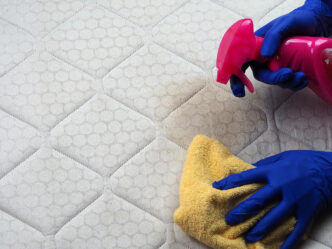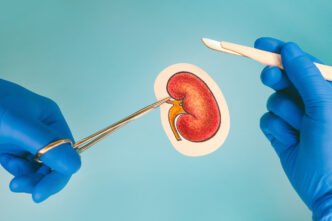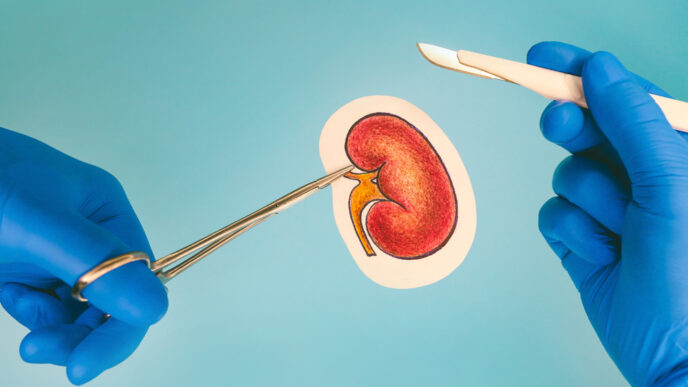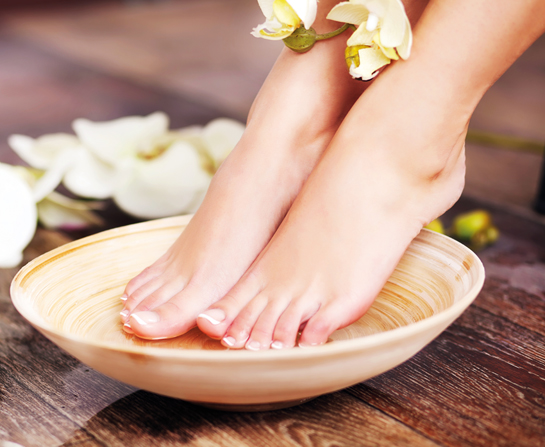If you’re an adult with a bedwetting problem, you’re not alone and shouldn’t be ashamed to seek medical advice. Consultant urologist Professor Dr Christopher Ho Chee Kong explains why it happens and what you can do to overcome this issue.
WORDS PROFESSOR DR CHRISTOPHER HO CHEE KONG
 FEATURED EXPERT FEATURED EXPERTPROFESSOR DR CHRISTOPHER HO CHEE KONG Consultant Urologist School of Medicine Taylor’s University |
BEDWETTING IS NOT JUST A KID’S PROBLEM—ADULTS CAN BE AFFECTED TOO
- Nighttime bedwetting, or nocturnal enuresis, can affect mainly the elderly, due to issues such as:
- Dementia
- Impaired mobility
- Loss of control over their bladder
- It can also affect people with underlying problems such as:
- An enlarged prostate gland (benign prostatic hyperplasia)
- Nerve problems that cause the bladder to be overactive (neurogenic bladder)
- Stroke
- Spinal cord problems
- Long-term or chronic constipation may also lead to nighttime bedwetting, by weakening the bladder muscles and making it harder to ‘hold in’ urine while you’re asleep.
- Excessive fluid intake during the day as well as stress and other emotional issues can also be possible causes.
NIGHTTIME OVERPRODUCTION OF URINE IS ALSO A COMMON CAUSE
- Nighttime overproduction of urine is called nocturnal polyuria.
- At night, your body produces a hormone called the antidiuretic hormone or ADH in adequate amounts to reduce urine production in your kidneys.
- If you develop health conditions that cause inadequate amounts of ADH to be produced or the kidneys to stop responding normally to this hormone, then you’re likely to produce more urine while you are asleep and wet the bed as a result.
- The actions of ADH can also be countered by diuretic medications that cause excessive urine production.
TREATMENT OF NIGHTTIME BEDWETTING
If you experience nighttime bedwetting, don’t feel embarrassed to see a doctor.
Determining the Cause of the Problem
The doctor will conduct tests to determine the causes of nighttime bedwetting, which may include:
- Urine examination
- Blood tests
- Imaging tests such as ultrasound
You may also be asked to keep a voiding or bladder diary.
Voiding or Bladder Diary
|
Treatment Options
- Medications may be prescribed, depending on the cause of the problem.
- For example, antibiotics can be given to address infections of the urinary tract, anticholinergic drugs for overactive bladder muscles, etc.
- For people born with a small bladder, surgery can be considered to enlarge the bladder.
- Those with neurogenic bladders and/or are not responsive to medications may benefit from neurotoxin injections into their bladder to ‘calm down’ the overactive bladder.
| While you are under treatment, avoid consuming caffeine, alcohol, and other foods and drinks that can irritate the bladder. Also, limit fluid intake at night and empty your bladder before going to bed. |
| This article is part of our series on health issues related to the urological system, which involves the kidneys, urethra, ureter, and bladder. |













